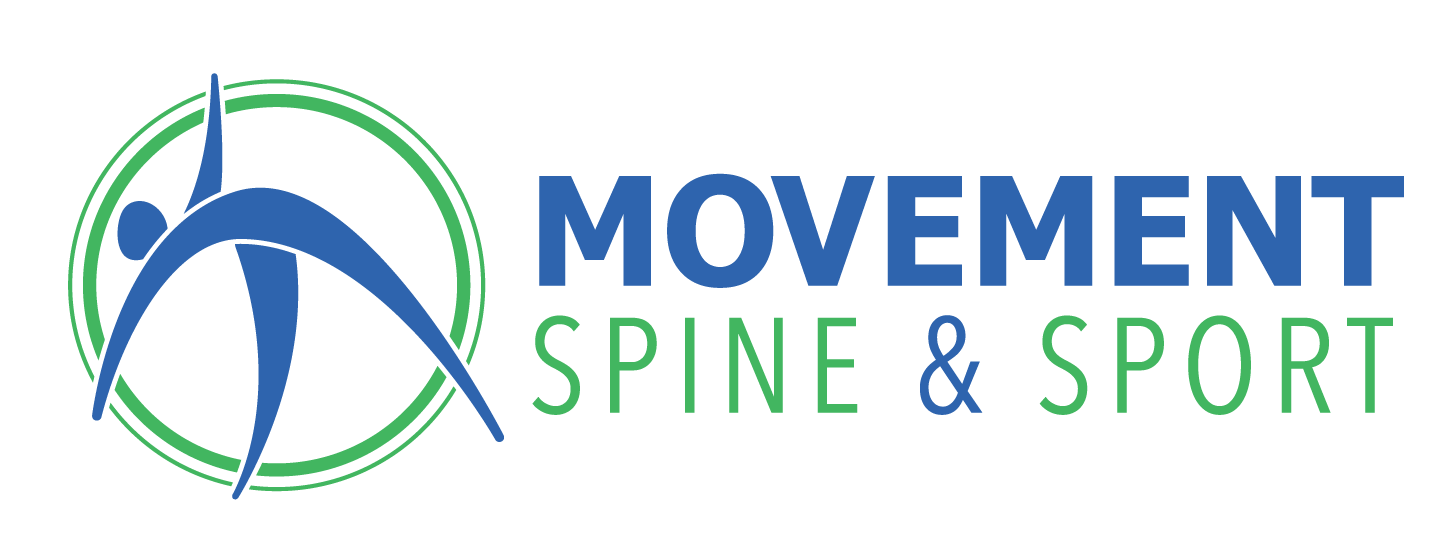Pelvic Floor Retraining
Trampolines, funny jokes and roller coasters are all things that mothers tend to avoid. But why?
Leakage. Or fear thereof.
We are so thankful to be able to tell these women- YOU DO NOT HAVE TO PEE YOUR PANTS FOR THE REST OF YOUR LIFE! (If you don’t want to) Yes, it will take some effort up front and yes, it is not going to be an overnight fix. But hey, you can’t grow a baby overnight either!
Being a mother can be one of the most wonderfully frustrating joys of the world. There are many ups and downs, highs and lows to parenthood, particularly for mothers. Going to your pediatrician for weekly then monthly visits for the newfound light of our lives creates added stress. And of course, we are always being asked how we are doing after giving birth, an incredibly difficult athletic event, and if anything in our lives concerns us. Most of the time the doctors are really just checking for any major signs of depression or potential infection, putting our health and overall well-being on the backburner because that’s what moms do and that is how it is supposed to be.
Well, we are here to call out the bologna.
Yes, your child/infant/toddler/newborn is a top priority in your life. But if you are not taking care of yourself as well, how are you ever going to be able to maintain a healthy lifestyle for your child? From a mental standpoint, postpartum depression is much more common than most women think, so do not feel that you are alone. Affecting more than 1 in 5 women, these feelings can also last anywhere from a few weeks to a year following delivery. Although appointments in a typical office setting usually revolve around the baby, be sure to ask your GP about these concerns.
As far as the dirty “L” word, leakage; this is something that most medical doctors do not have a good answer for. They may send you to someone who specializes in Kegels, which was the only answer for the longest time; but ask any mom anywhere and they will tell you the truth about the clenching. It doesn’t often work.
Many times, after giving birth, the muscles of the under carriage, or pelvic floor are actually in spasm! That’s right, a Charley Horse right where the sun don’t shine. If you think about the incredible act your body just performed and the stress, put on these muscles while bringing a new life into the world, it makes perfect sense. And this is in a normal, easy delivery with no complications! Why am I telling you all of this? Is it to make you feel like there is no hope?
Of course not!
With specific adjustments to the lower back, pelvis and hips, chemicals are released from the body that helps relax these muscles. From a bio-mechanical standpoint, if you have an area of your pelvis that is not moving or is fixed, it will cause extra tension to be held in the muscles of the pelvic floor and these muscles will naturally have no choice but to go into spasm to facilitate the extra load. Further muscle work can be performed (with the clothes still on) to also help in assisting the release of these muscles of the pelvic floor. Once these muscles are no longer in spasm, that is when the real fun happens.
Our doctors and team at Movement Spine and Sport have education in rehabilitative care especially for postpartum mothers. This includes low level exercise to help turn back on your core as well as simple take-home activities to help strengthen your pelvic floor! Many of the exercises are very relaxing in nature and help new moms take a minute to focus on themselves, which is sometimes so difficult. The most basic activity can even be done in your car on the way to work! These exercises can be used both for mothers who just recently gave birth as well as older women whose children are now grown. We see a lot of moms who love to work out who use these exercises and are no longer scared of squats, box jumps or any other full body movement. Long-distance runners also see major improvements in their ability to hold it all in through the duration of their runs.
But don’t take our word for it. Many of the concepts we utilize come from some of the greatest and most researched-based minds at the Prague Institute of Rehabilitation. This is where Dynamic Neuromuscular Stabilization, or DNS, was founded. Everything within the protocol is based on the developing child, from infancy all the way through to when the baby begins to walk.
Consider this, who taught you how to roll over? Or sit up? Or even stand up?
NO ONE!
That is because the brain is wired to create the best and most efficient over-all stability; concepts a newborn baby can tap into immediately. Muscle development is required for a baby to hit all the landmarks in the first few years. This efficiency is hard-wired into the brain and what we do is give you specific positions and exercises to go through to help re-facilitate and re-strengthen this stability.
Sound interesting? Give us a call at (704) 980-9049 and request your FREE CONSULATATION today!
“Our approach is simple; we perform a complete physical examination with neurologic and functional tests to get to the root of a patient’s complaint. Through adjustments to the spine, extremities, muscle release and take-home exercises, our goal as health care providers is to help our patients meet and exceed their health goals. Optimal function equals optimal health. We look forward to meeting you and your family!”
Thank you and stay blessed,
Dr. Casey Schneible

